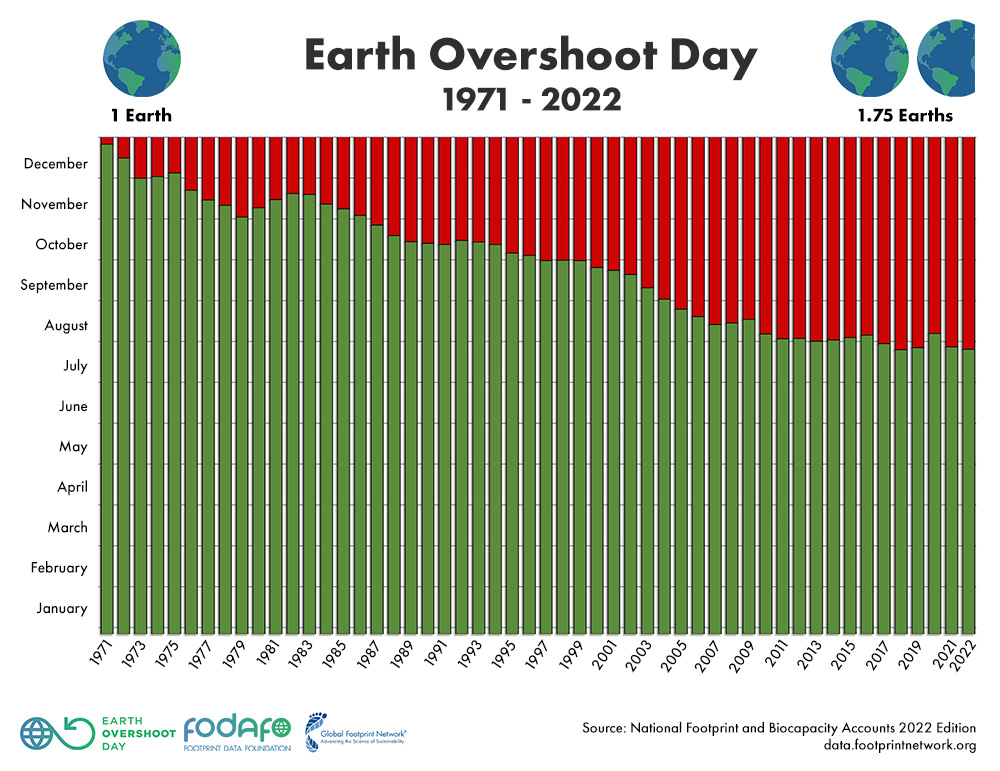Circular Ecosystem
The European Green Deal directs the decoupling of economic growth from material use. This transition away from a linear economy towards a circular economy has been the result of decades of increasing awareness from business and governance. The circular economy is a mechanism to improve the sustainability of socio-environmental systems by keeping resources in the loop for longer, consciously designing for regeneration and underpinning with renewable energy. BISCI finds itself well positioned to accelerate this transition due to expertise in sustainability, the circular economy and supply chain management, and its extensive industrial and academic network. For this reason, BISCI is developing a Circular Ecosystem (CE) to support with the transition.
-
What is the circular economy?
The circular economy (CE) is a broad concept that has numerous definitions. However, a widely recognised definition come from the Ellen MacArthur Foundation and describes a redesigned economic system that moves away from the linear, take-make-waste model, and towards a circular system that innovates out waste and pollution, keeps products and materials in use longer, regenerates the natural systems and is underpinned by renewable energy. Its goals are to achieve sustainability by innovating system change in a way that allows circular design to better manage resources and complement the economy.
Currently, the economy is based on a linear take-make-waste model that provides economic growth based on non-renewable energy and the consumption of huge quantities of materials. This model cannot be sustained indefinitely. The leading model to transition to is the ‘circular’ refuse-reuse-regenerate model. Such is the strength of this idea that the canton on Zurich recently voted to enshrine the circular economy into its constitution. However, how companies and cantons can go about achieving this is a huge challenge that requires the combined efforts of industry, academia, and policy to solve.
Doughnut Economics

The circular economy has the potential to not only bring our biodiversity loss, land conversion and freshwater withdrawals to within sustainable levels, but to contribute to the prevention of all social and environmental ‘overshoots’, as seen in Kate Raworth’s ‘Doughnut Economy’ model. By keeping social-economic systems within the green ‘doughnut’, human development should be one that is sustainable for us and future generations.
-

Earth’s ‘overshoot’ day marks the date when humanity has used all of the biological resources that Earth regenerates during the entire year (Overshoot day.org). On average, this date comes earlier each year. In 2022 it fell on July 28th, translating to 1.75 earths needed to sustain demand. (Source: National Footprint and Biocapacity Accounts, edition 2022 data footprintnetwork.org)
BISCI's Circular Ecosystem will leverage its unique position between TNO, Fontys and UM to offer impact to research, education and industry that accelerated the transition towards a circular economy.
The Team:
Lorna James, Programme Director Circular Ecosystem, BISCI
Grant Davis, BISCI
Luuk Meijer, TNO
Bram Kin, TNO
Leonie Geurts, Fontys Hogeschool
Kristel Alons-Hoen, Fontys Hogeschool
